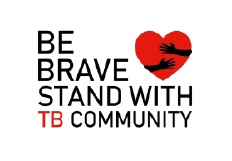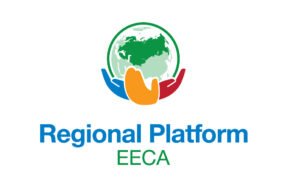Call for research proposals: “Understanding STI Co-infection In At Risk and HIV Infected Adolescents and Young Adults”
- Post Views: 0
This initiative addresses the overarching priorities to reduce the incidence of HIV/AIDS infections and improve our capability to prevent and treat HIV-associated co-morbidities and co-infections by improving the understanding of the biology of transmission, immune dysfunction, and chronic inflammation in a population with significant health disparities.
Deadline: 17 August 2016
Eligibility: US and Non-domestic (non-U.S.) Entities (Foreign Institutions) are eligible to apply. We suggest each applicant to clarify the eligibility of his/her country and respective organisation before preparing and submitting the application.
Funding Information
- NICHD intends to commit $1.1 million in FY 2017 to fund 1-3 awards.
- The scope of the proposed project should determine the project period. The maximum project period is 4 years.
Priority Areas
- Basic research on the impact of STIs on adolescent genital and GI mucosa and HIV risk.
- Evaluation of the effects of anatomical and histological sexual maturation on the impact of STIs and HIV.
- Evaluation of the effects of fluctuating hormonal levels on adolescent mucosal immunology and function.
- Studies of the impact of hormonal contraceptives given to young girls on immune protection (innate and adaptive) in the female genital tract and HIV risk.
- Evaluations of the impact of exogenous hormone replacement given to young boys who are transitioning gender on immune protection (innate and adaptive) in the anogenital tract and HIV risk.
Interested applicants must submit their applications electronically via: grants.gov.
Source: FundsForNGOs
Services for migrants and refugees from Ukraine – HIV/TB care with a focus on key populations
Due to the increasing flows of refugees from Ukraine because of Russia’s invasion of Ukraine, the EECA Regional Platform created a spreadsheet to fill contacts details of face-to-face and online services for refugees and migrants (with a focus on HIV/TB care and key population groups).
Regional Platform – EECA
This web-resource is a part of new regional communication and coordination project “Regional Civil Society and Community Support, Coordination and Communication Platform - EECA”, implemented by Eurasian Harm Reduction Association (EHRA).
Tags
See also
-
UNODC: HIV/AIDS Grants for Civil Society Organizations 07.03.2017 06:29
-
MAC AIDS Fund International Grants 17.01.2017 03:23







